With a gas boiler ban in new-build homes less than 3 years away, the need for viable alternatives is rapidly approaching.
Part of the solution for heating our homes and water is likely to come from clean hydrogen, produced either by splitting water with renewable energy or by capturing the carbon dioxide (CO2) from traditional hydrogen production.
The only by product from burning hydrogen is water, unlike natural gas, which releases climate-warming CO2 whenever the boiler clicks on.
Switching to hydrogen will mean residents in millions of UK homes will be able to keep their existing central heating and hot water systems. Air sources heat pumps, the other emerging low-carbon solution for replacing natural gas, are too big for the majority of UK homes, and would require ripping out and replacing central heating systems with larger radiators to make up for lower water temperatures.

Air sources heat pumps, the other emerging low-carbon solution for replacing natural gas, are too big for the majority of UK homes
Most existing gas boilers can already run on a blend of up to 20% hydrogen, but to make a boiler ready for 100% hydrogen a few changes are needed.
Hydrogen boilers combine hydrogen from a mains supply with oxygen from the atmosphere and ignite them in a catalytic burner. Hydrogen is more flammable than natural gas, so hydrogen boilers are designed to limit the flow if too much gas is flowing. The flames are invisible, so a flame detection component is also required.
As with a traditional boiler, hot flue gases from the combustion enter the heat exchanger, a series of pipes surrounded by cold water that are heated as gas moves through the pipes.

The UK’s first homes fuelled entirely by 100% hydrogen were opened to the public in July last year
The only by product, water, is channelled out of the system through a condensate, while the hot gases exit via a flue.
And that’s it.
No ripping out of radiators. No loss of space to fit a bulky heat pump. Business as usual for households with existing gas central heating and nothing but a clean conscience for those moving into new homes with systems already installed.
According to the government’s current timeline, we won’t know until 2026 what role hydrogen will play in decarbonising domestic heating following a series of trials. However, evaluations of 100% hydrogen for domestic heating and cooking have been overwhelmingly positive thus far.

No ripping out of radiators. No loss of space to fit a bulky heat pump.
The UK’s first homes fuelled entirely by 100% hydrogen were opened to the public in July last year, featuring protype fires, cookers and hobs. A larger trial H100 Fife will test 100% hydrogen in about 300 homes using hydrogen produced by a dedicated electrolysis plant powered by a nearby offshore wind turbine. An even-larger trial – a hydrogen village including up to 2,000 homes and other buildings – is targeted for 2025.
To learn more about Ryze Hydrogen click here.






